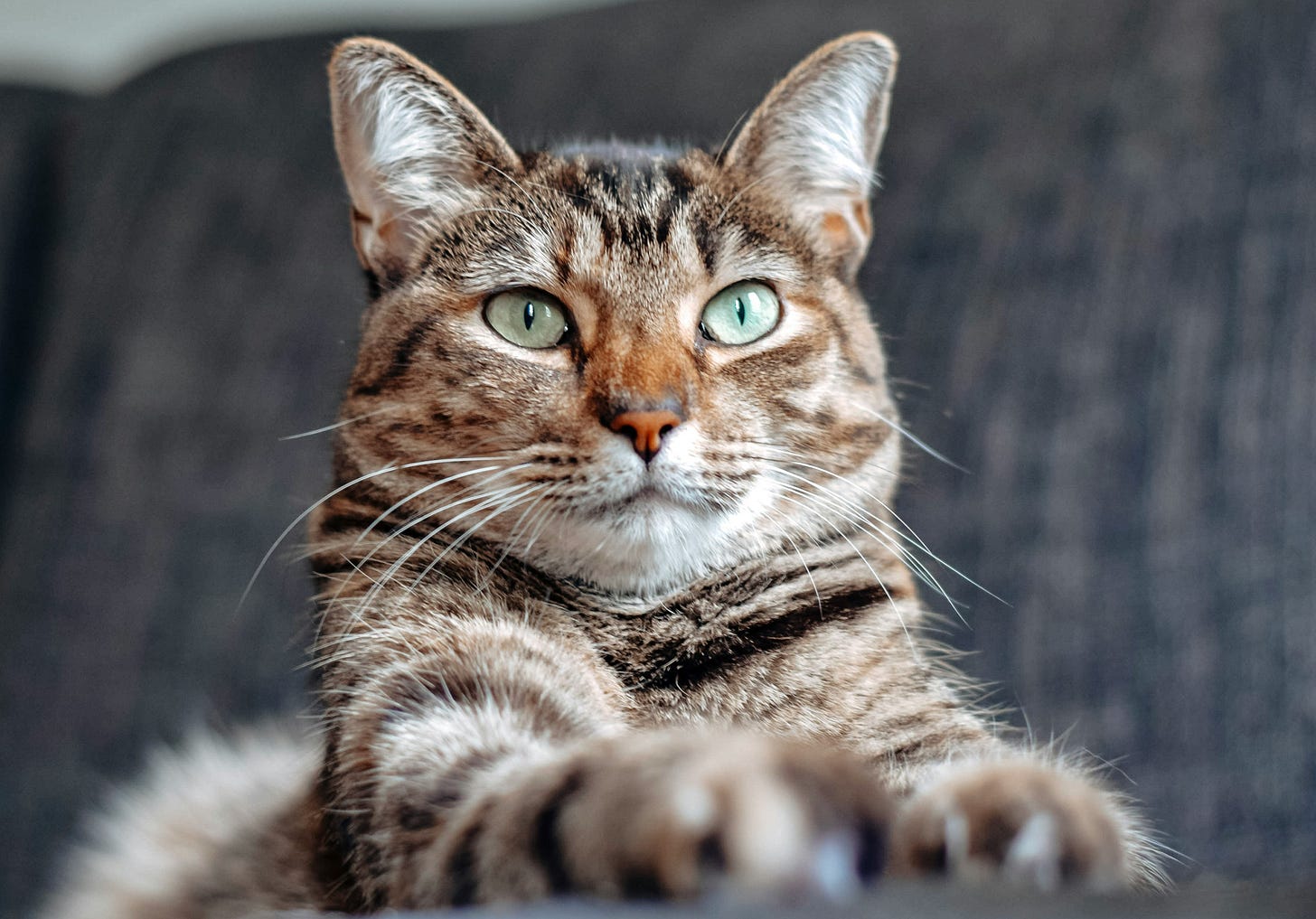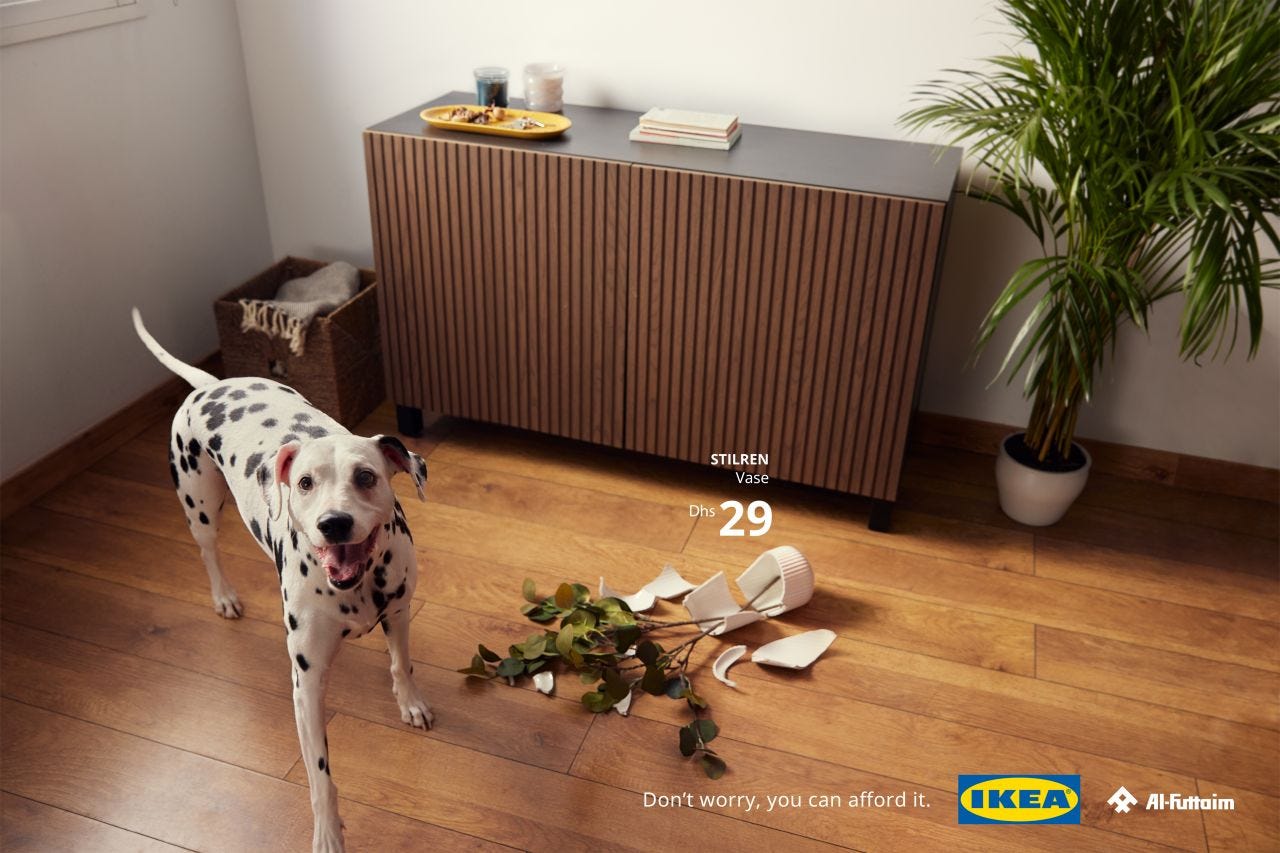Like many people I got a pet during lockdown. I soon realised that I could have a cat or braids but not both; I got Cleo tangled in my hair because she mistook me for a walking toy - turns out black strings bobbing along near her proved far too tempting.
This is one of the many “no one tells you” moments about pets and how they change us as owners. They are often bizarre and illuminating.
Comedy is great at unearthing them - particularly those that diverge from the cutesy, obedient image of animals that we see in the pet care sector. I was reminded of this when I got an email from a pet insurance brand that runs pet awards every year. All the categories are so wholesome, called things like “hero” and “best friend” whereas I was looking for categories like “best furniture destroyer” or “most likely to bite for treats”.
Here are some examples of those moments from the world of stand up:
You’ll try talking in “cat”at least once
Your pets’ mistakes are seen as your mistakes
Becoming a dog owner means becoming a breed expert
Within all the cliques of pet owners, no one “gets” snake owners
Another great place to look is in meme culture (as a million dog and cat images and videos will attest). Meme culture is a form of comedy that can offer brands in the pet care space a much richer view of how animals can be, than those we often see in films, TV and trend reports. Memes achieve resonance by doing a much deeper dive into pets’ personalities, quirks and irrational behaviours.
This is why Ikea’s campaign using naughty dogs that have caused damage to home items really strikes a chord.
Some thoughts for brands in this space that want to experiment with humour:
How can you borrow from meme culture without replicating what is already there?
Where would you like to point your comedic insights? At pets or their owners?
How would you focus on pets that receive less publicity, like snakes, rabbits or gerbils?






